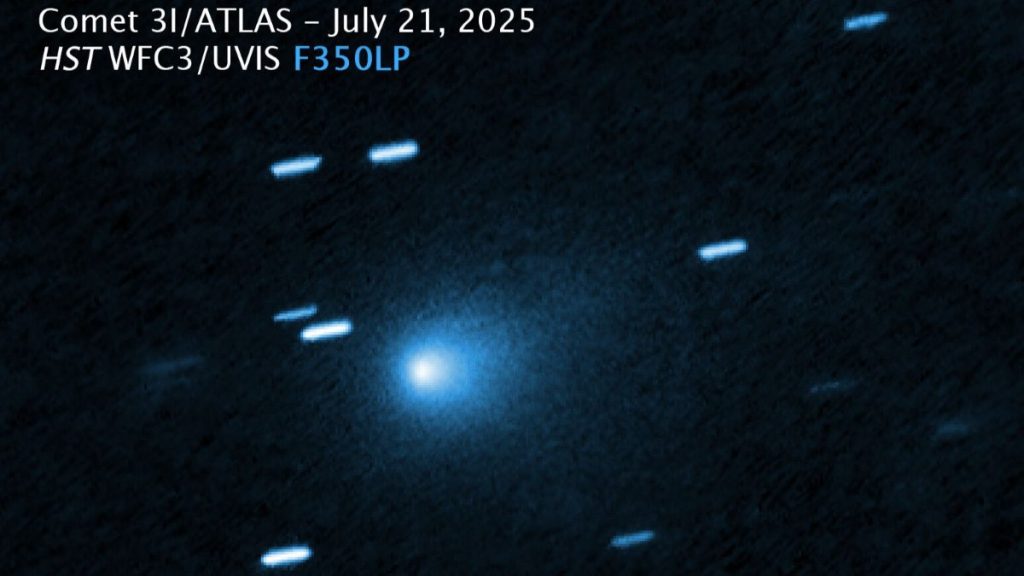Though harmless itself, its passage through the solar system is helping researchers test the systems, partnerships and knowledge needed to keep Earth safe.
Others are reading now
The rare arrival of interstellar comet 3I/ATLAS is giving scientists a unique chance to strengthen global defences against potential asteroid impacts.
Reason 1: improving tracking accuracy
The first reason 3I/ATLAS matters is that it allows astronomers to sharpen their tools for tracking hazardous space objects.
The International Asteroid Warning Network (IAWN) has organised a global campaign to observe the comet using telescopes across several continents.
Because interstellar comets move along highly unpredictable paths, monitoring them helps scientists practise gathering precise measurements known as astrometry.
The Minor Planet Center noted that “the campaign will target comet 3I/ATLAS to exercise the capability of the observing community to extract accurate astrometry.”
Also read
This data is crucial for improving models that predict the movement of asteroids that might one day pass near Earth.
Reason 2: testing global coordination
The second reason is cooperation.
The 3I/ATLAS observation effort involves professionals, research institutions and amateur astronomers working together under the IAWN’s coordination.
By pooling data in real time, teams can refine orbital predictions faster and more accurately.
This type of cooperation is essential for any planetary defence response, ensuring that warnings about potentially dangerous objects reach decision-makers worldwide without delay.
Also read
The inclusion of citizen scientists also expands the number of observers who can spot unusual objects in the night sky, strengthening humanity’s early-warning network.
Reason 3: learning from interstellar visitors
The third reason concerns science itself. 3I/ATLAS is only the third interstellar object ever detected in our solar system.
Studying its composition and behaviour provides vital information about how comets and asteroids form and travel through space.
By observing how the comet reacts to sunlight and gravitational forces, astronomers can refine models used to forecast how near-Earth objects might behave.
These findings could improve future impact predictions and response strategies.
Also read
A global safeguard
The International Asteroid Warning Network, created under United Nations guidance, is responsible for coordinating global efforts to track potentially hazardous space objects.
Its work with 3I/ATLAS demonstrates how even distant visitors from beyond our solar system can play a role in protecting our planet.
Through improved tracking accuracy, stronger cooperation and deeper scientific understanding, researchers hope that lessons from this interstellar comet will help Earth prepare for whatever might come next.
Sources: Daily Galaxy, Minor Planet Center, International Asteroid Warning Network, NASA, ESA, Reuters


